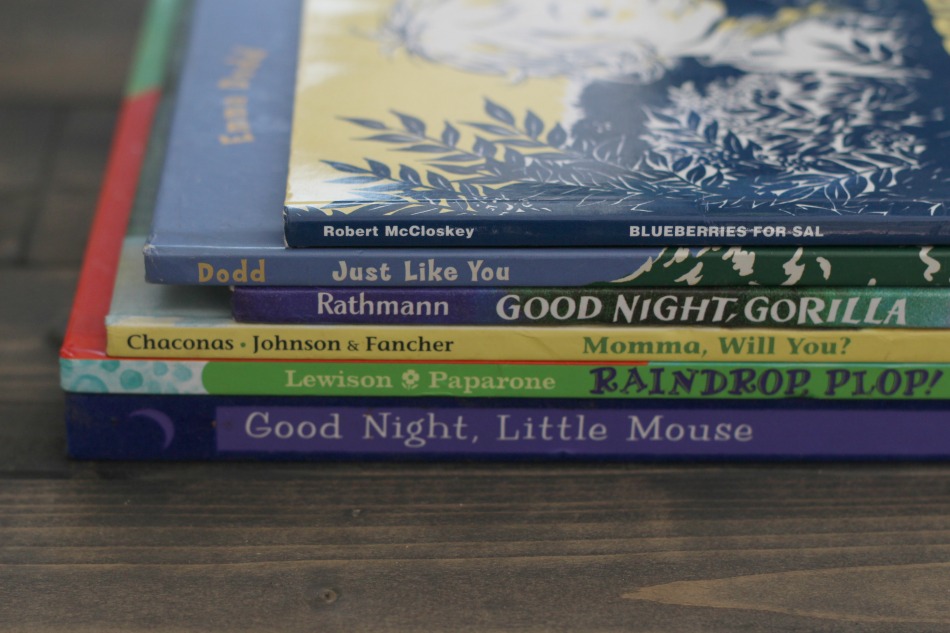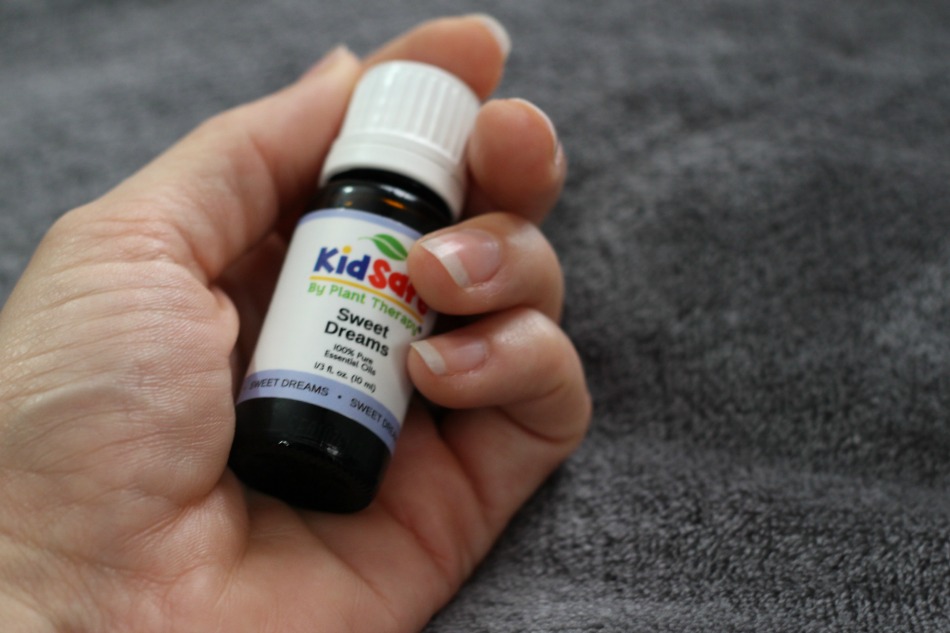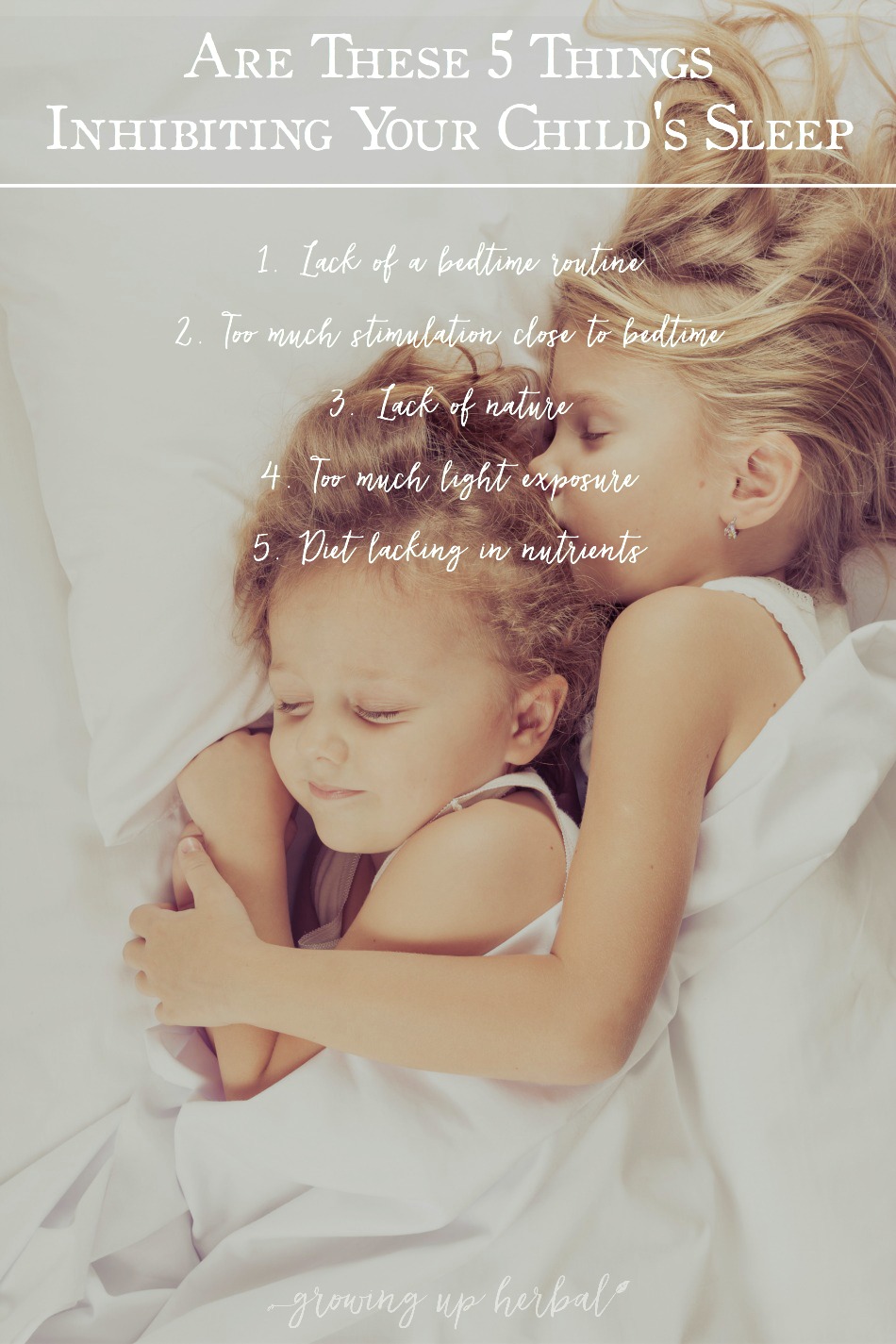
You may not realize it, but common things like eating before bed, watching tv, and a lack in sufficient outdoor play could be inhibiting your child’s sleep.
You see, our bodies have a natural cycle they run on. This cycle is often affected by our environment, particularly seasons and daily routines. It’s called our “circadian rhythm,” and it tells our bodies when to wake up and when to go to sleep among other things. When our body is awake, it functions in a certain way. When our body is asleep, it continues to function, only in a different way than it did while we were awake. If the body doesn’t get quality sleep then it doesn’t function as it was designed to which can affect our health and the health of our children in a negative way (Circadian Rhythms Fact Sheet – National Institute of General Medical Sciences, n.d.).
Today, I’m going to share 5 things with you that could be inhibiting your child’s sleep. I’m also going to share some natural alternatives that you can use in each of these 5 areas that can help your child go to sleep easier and get quality sleep during the night.
Here’s to happy, healthy, well-rested children, mama!
5 Things That May Be Inhibiting Your Child’s Sleep And Natural Alternatives That Can Help
1. Lack Of A Bedtime Routine
I’m going to start with “lack of a bedtime routine” because I personally feel this has the most noticeable impact on inhibiting your child’s sleep.
Having a bedtime routine can help children have better quality sleep because it serves as a cue to the body to start preparing for bed (Mindell, 2009). Just like our circadian rhythm is cued to reset by various things, our bedtime routines can play a role in that.
Bedtime routines should be soothing with less activity in order to set your child’s body up to be in a state of rest. Doing things that stimulate the body (which we’ll talk more about below) trigger the sympathetic nervous system (aka… “fight or flight” response).
Some ideas for bedtime routines can be:
- take a warm bath (this also helps the body feel cool afterward which promotes sleep) with relaxing bath salts that contain sleep-promoting essential oils
- get a bedtime massage
- put on pajamas
- brush teeth, comb hair, go potty, and get a small sip of cool water (be careful drinking too much before bed)
- pick out a bedtime story book and read it while cuddling
- say prayers
All of these things are restful and in many ways, stimulate body responses that trigger sleep.
2. Too Much Stimulation Close To Bedtime
Doing things that stimulate the body before bed such as watching tv, playing wild games, and even eating could be inhibiting your child’s sleep. Instead of sending the body cues that it’s time to relax and get ready to rest (parasympathetic nervous system), these activities tell the body it’s time to be alert and on the move (sympathetic nervous system) and can cause your children to have trouble falling asleep or staying asleep.
But, sometimes, life happens. You’re out late running errands, you decide to have a movie night, your kid is really hungry, etc.. What are you to do then?
Now, I’m all for routines, but I’m also all for flexible routines. Sometimes, it’s nice to toss the normal routine out the window and do something a bit different. It’s not going to be the end of the world to let your kids stay up late every once in a while.
However, even when these stimulating activities do happen, you still want your child to be able to fall asleep and rest well afterward, right? So finding things that help relax the body in a nice, gentle way can really help your little ones get to sleep, even when they’re off of their regular routine.
So, in addition to the above bedtime routine ideas, you can opt for some of the one’s below that may have an even stronger effect on helping your children sleep better.
- diffuse essential oils that promote sleep
- drink a cup of warm sleepytime tea (recipe here) or warm milk
- give them an herbal tincture (for kids | for adults) to help promote sleep
- try acupressure
Another thing that can stimulate your child and disrupt their sleep is the temperature, specifically hot temperatures. If the temperature is too hot in the room at night or if your child is bundled up too much, the body is stimulated which can cause your child to wake up more often. Sleep experts recommend that you set your thermostat at around 65 degrees for ideal sleeping at night (Touch: Comfort & Sleep, (n.d.).
I’ve personally found this to be true. My oldest is very sensitive to heat, and it took Dean and I a while to figure out what was going on with him. Some nights, he would wake up sweaty, hallucinating, and talking out of his head. He would carry on a conversation with us, and in about 10-15 minutes, he’d be fine and want to go back to bed. Once we realized there was a link with heat and sleep, we realized he was bundling himself up too much in his blankets. Once he woke up, it would take 10-15 minutes for him to cool down and be fine again. Now that we know this, we try to remove some of his blankets after he falls asleep or we buy him pajamas that allow him to stay cooler. We’ve also moved him to a bottom bunk bed instead of the top.
3. Lack Of Nature
You may not think much about how your daily activities, particularly the indoor ones, can affect your sleep, but they can. Children who play indoors most of the time lack fresh air and the relaxing effects that being outside in nature provides them.
Studies have shown that children who spend time outside experience less stress and fatigue than children who aren’t outdoors as often. They’re also more creative, more confident, get more exercise, and do better at school too (Cohen, n.d.). These things set them up to not only be healthier and happier, but the benefits of being out in nature can influence sleep in a positive way as well (Grigsby-Toussaint, 2015).
If you think your child isn’t getting enough of nature and the relaxing effects it can have, some of the following tips may help.
- have a set time to play outdoors every day
- add nature studies to your child’s education
- practice deep breathing outdoors
- take their shoes off and give grounding a try
- let them sleep with a noise maker set to nature sounds (this is called “pink noise“)
4. Too Much Light Exposure
Did you know that lights and their colors can affect your child’s sleep patterns? It’s true! This is due to light waves entering the eye and stimulating cells in the back of the eye. These cells then signal the body to wake up or go to sleep.
Many studies have been done testing the effects of light on sleep, and most all studies show the same results. Exposure to light has a direct effect on the body’s circadian rhythms (Brainard, 2001). As light is decreased, the body senses it’s time to sleep. As light increases, the body slowly wakes up. Now, most people these days don’t wake up and go to sleep with the sunrise and sunset which means the use of artificial lights can delay the body from feeling sleepy and settling into bed.
The color of light also plays a role in disrupting quality sleep. Studies have been done on various colors of light and their effects on sleep, and again, most all the results are the same (Figueiro, 2011). Sleeping in total darkness is best, but blue light (tv, electronic devices, alarm clocks, etc.) negatively affect sleep most and red light has the least effect (Grabmeier, 2013).
With that being said, it’s not always possible to go without any light at night, especially with children. But, if you want to decrease the chances of light inhibiting your child’s sleep, below are some tips to help cut down on the negative effects of light at night.
- use blackout curtains in their room
- cover alarm clock lights with a shirt
- use Himalayan salt lamps as night lights (they emit red light)
- use dimmer switches on lights to slowly decrease light in the evenings
5. Diet Lacking In Nutrients
Lastly, diet plays a role in… well everything, but if it’s lacking in quality, it could be inhibiting your child’s sleep (Eat to Dream: Penn Study Shows Dietary Nutrients Associated with Certain Sleep Patterns, 2013).
If your child’s diet isn’t providing all the beneficial nutrients they need to be healthy, such as healthy fats and minerals (specifically magnesium), then chances are they won’t rest as well at night (Haupt, 2012). It’s also recommended to eat heavier, protein-rich meals earlier in the day (at breakfast and lunch) when you need more energy as opposed to dinner (Taste: What You Eat Can Affect Sleep, n.d.).
With picky kids, busy lifestyles, and budgets keeping most diets from being ideal, you might be wondering what you can do to improve your kiddos diet as much as possible. Here are some tips to get it either back on track or off in the right direction.
- eat a real food diet
- supplement if necessary
- work with your picky kids to help them learn to eat better
- use magnesium lotion during the day
- sip on some mineral-rich banana milk 30 minutes before bed
Banana Milk
Ingredients:
- 1 medium banana
- 1/2 cup almond milk (vanilla flavored)
- 1 teaspoon flaxseed oil
Directions:
- Combine all ingredients in blender and blend until smooth.
So there you have it, mama. Five things that could be inhibiting your child’s sleep and natural ways to improve each area.
Now, I know that five is a small number, but it can feel overwhelming in a case like this. Let me encourage you to pick one area to focus on first. Only when you feel you’ve done what you can to improve that area should you move on to another one. This can help cut down on feeling like you need to address all these things at once.
Do you have any tips you can share to increase the quality of sleep your child gets each night? Let’s take this conversation to the comment section below!

REFERENCES:
- Brainard, G. C., Hanifin, J. P., Greeson, J. M., Byrne, B., Glickman, G., Gerner, E., & Rollag, M. D. (2001). Action spectrum for melatonin regulation in humans: evidence for a novel circadian photoreceptor. The Journal of Neuroscience, 21(16), 6405-6412.
- Circadian Rhythms Fact Sheet – National Institute of General Medical Sciences. (n.d.). Retrieved September 13, 2016, from https://www.nigms.nih.gov/Education/Pages/Factsheet_CircadianRhythms.aspx
- Cohen, D. (n.d.). Why Kids Need to Spend Time in Nature | Child Mind Institute. Retrieved September 14, 2016, from http://childmind.org/article/why-kids-need-to-spend-time-in-nature/
- Eat to Dream: Penn Study Shows Dietary Nutrients Associated with Certain Sleep Patterns. (2013, February 6). Retrieved September 13, 2016, from http://www.uphs.upenn.edu/news/News_Releases/2013/02/grandner/
- Figueiro, M. G., Wood, B., Plitnick, B., & Rea, M. S. (2011). The impact of light from computer monitors on the melatonin levels in college students. Biog Amines, 25, 106-116.
- Grabmeier, J. (2013, August 6). What Color is Your Night Light? It May Affect Your Mood. Retrieved September 13, 2016, from http://researchnews.osu.edu/archive/lightcolor.htm
- Grigsby-Toussaint, D. S., Turi, K. N., Krupa, M., Williams, N. J., Pandi-Perumal, S. R., & Jean-Louis, G. (2015). Sleep insufficiency and the natural environment: Results from the US Behavioral Risk Factor Surveillance System survey. Preventive medicine, 78, 78-84.
- Haupt, A. (2012, July 19). Sleep-Promoting (and Sleep-Stealing) Foods. Retrieved September 15, 2016, from http://health.usnews.com/health-news/articles/2012/07/19/sleep-promoting-and-sleep-stealing-foods
- Mindell, J. A., Telofski, L. S., Wiegand, B., & Kurtz, E. S. (2009). A nightly bedtime routine: impact on sleep in young children and maternal mood. Sleep, 32(5), 599-606.
- Taste: What You Eat Can Affect Sleep. (n.d.). Retrieved September 15, 2016, from https://sleepfoundation.org/bedroom/taste.php
- Touch: Comfort & Sleep. (n.d.). Retrieved September 13, 2016, from https://sleepfoundation.org/bedroom/touch.php






love the milky drink recipe – works for adults too!
Absolutely, Candy! Thanks for your comment!
Love this! Thanks so much for the reminders. 🙂